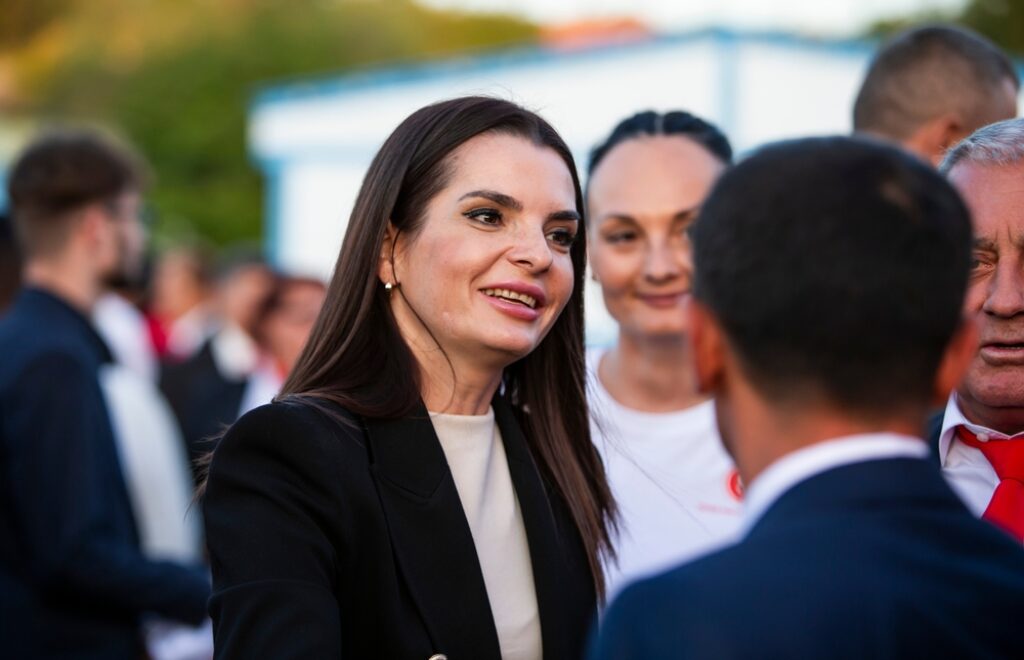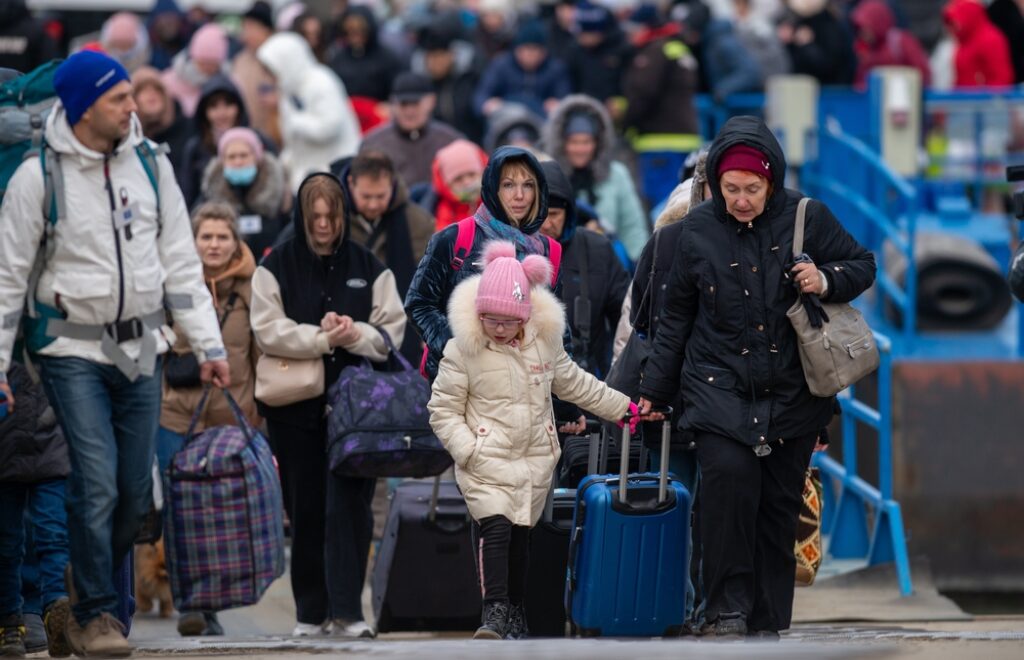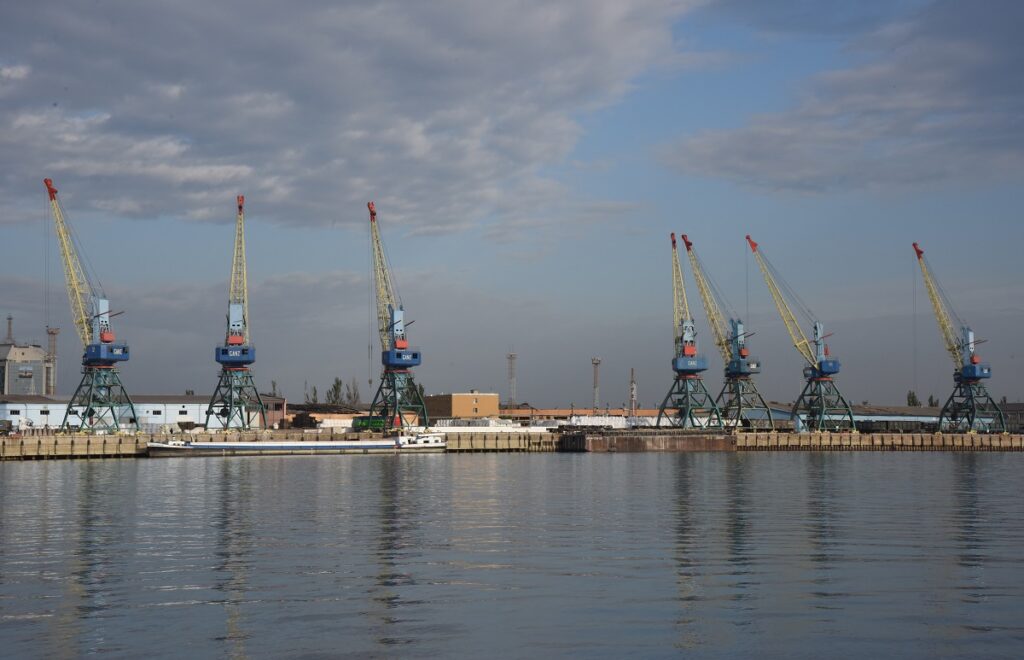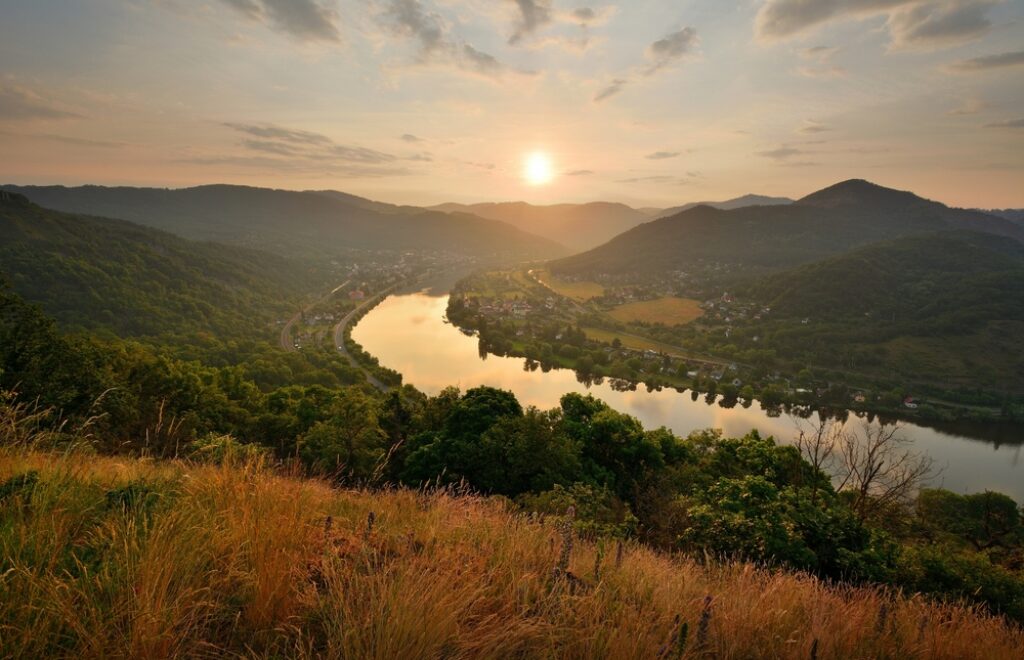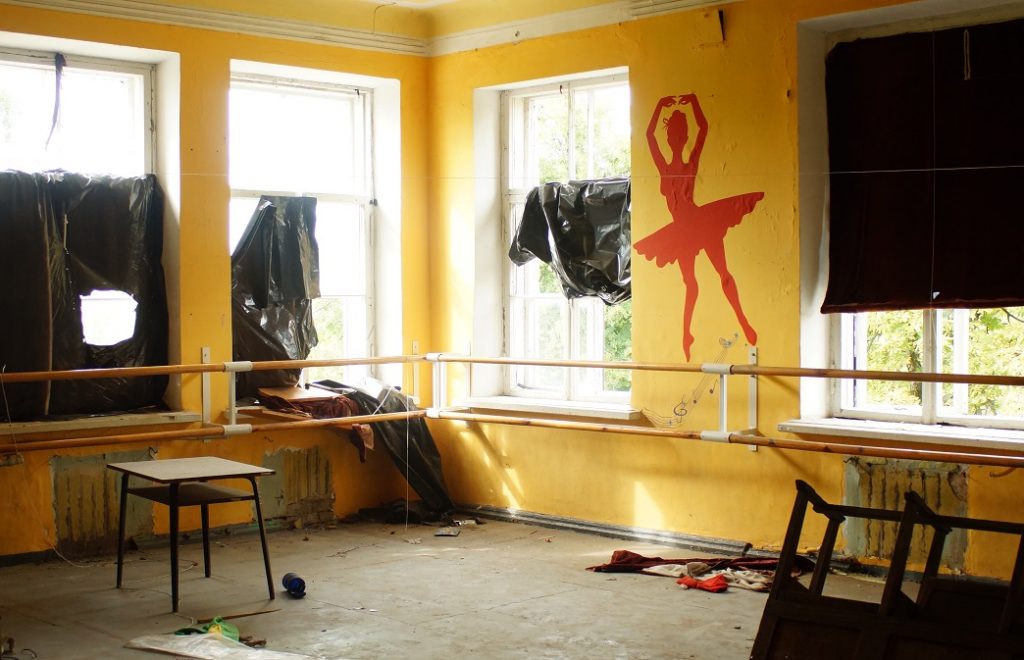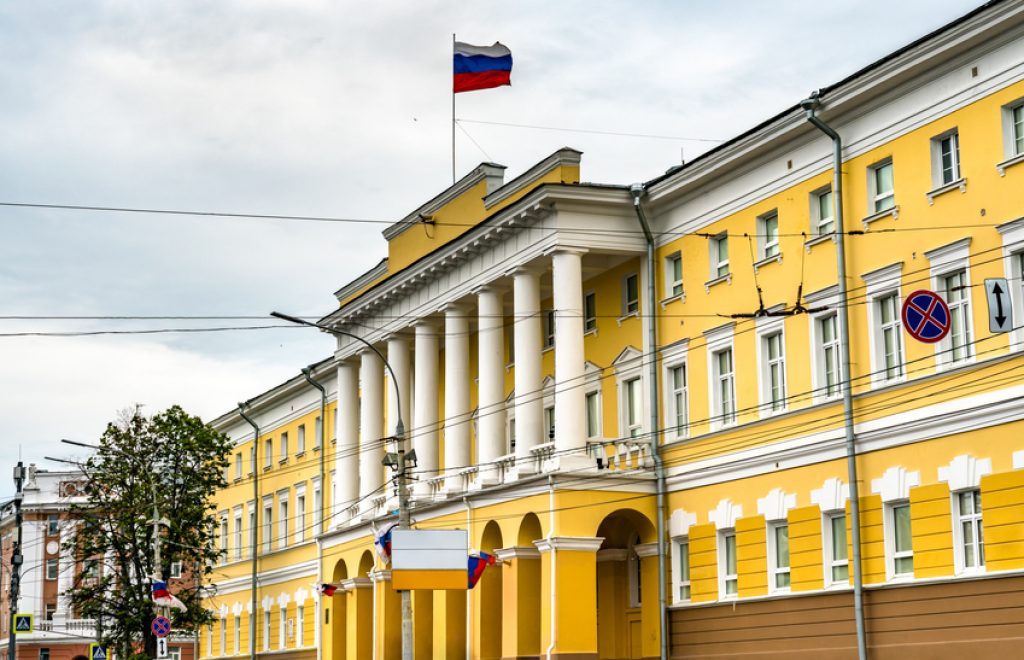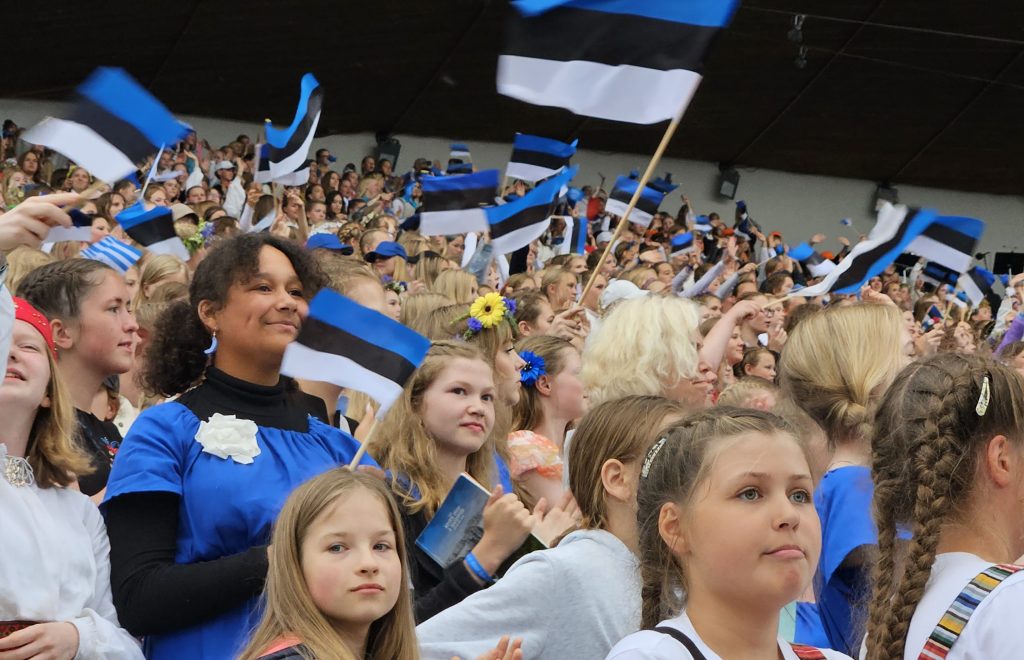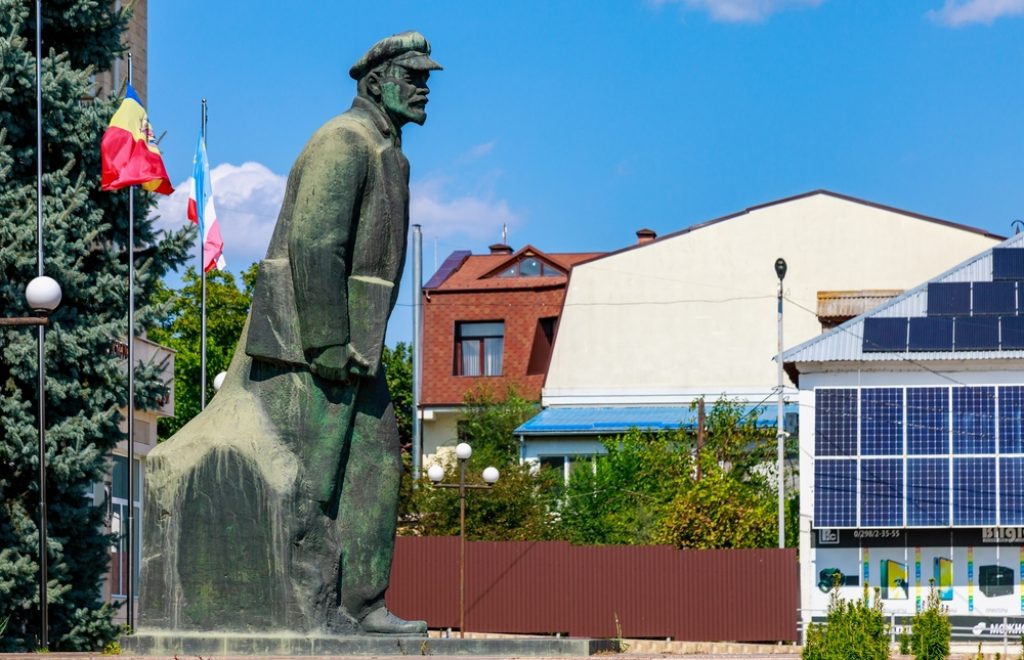The ongoing war in Ukraine has forced many refugees to make tough decisions about their future. This is particularly true in neighbouring Moldova, where many Ukrainians are deciding to settle on a more long-term basis. Despite the difficulties of this new life, a large number of refugees are trying to make the best of the situation.
Olena Mustiats, 41, had only the most basic requirements when she fled Ukraine with her six-year-old daughter last March: safety, affordability and a local language she knew. Leaving from her native Odesa, in Ukraine’s southwest, Mustiats settled on Moldova and headed to the capital, Chișinău. “I chose Moldova because it’s closer [to Odesa] than Poland, they speak Russian there, and because prices at the supermarket are cheaper than in Poland,” Mustiats said. A year and a half later, Mustiats and her child are still in Moldova, with no plans, and limited options, to go anywhere else.
September 11, 2023 -
William Fleeson



